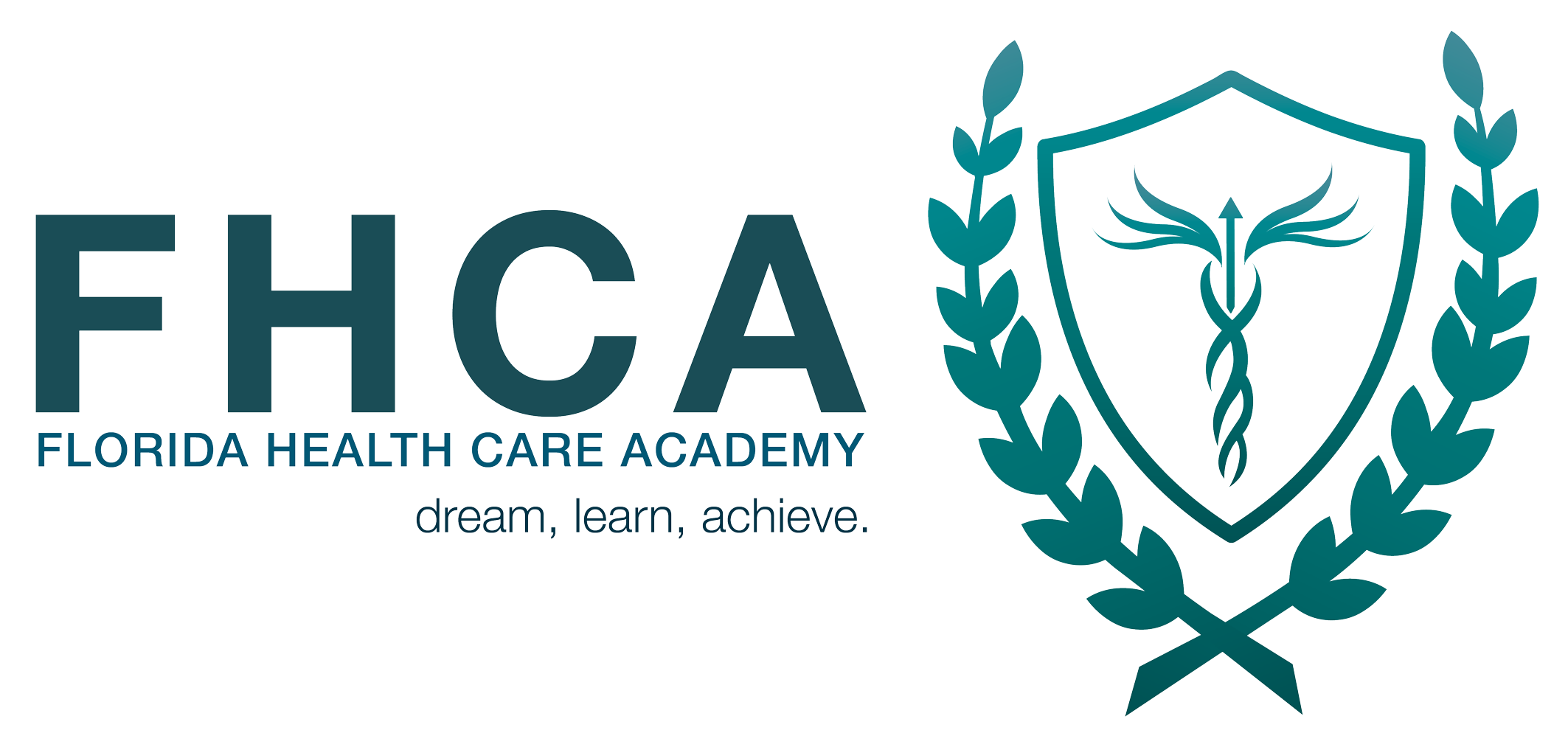
What’s Next After Becoming a Medical Assistant? Continuing Education Options
June 20, 2024
Podiatric Medical Assistant: Roles, Duties, and Salary
June 21, 2024Cardiology Medical Assistant: Roles, Duties, and Salary

Cardiology medical assistants play a crucial role in the field of cardiology, assisting physicians in the diagnosis and treatment of heart-related conditions. Their specialized training enables them to perform a variety of tasks specific to cardiology clinics and practices.
In this article, we will explore the roles, duties, and salary expectations for cardiology medical assistants, shedding light on their essential contributions to the healthcare industry.
What is a cardiology medical assistant?
A cardiology medical assistant is a healthcare professional who specializes in providing support and assistance to cardiologists and other healthcare providers in a cardiology setting. These medical assistants have specialized training that enables them to perform tasks specific to the field of cardiology, such as conducting electrocardiograms (EKGs), assisting with stress tests, and educating patients about heart health.
Cardiology medical assistants play a vital role in helping cardiologists diagnose and treat heart-related conditions, making them valuable members of the healthcare team.
What does a cardiology medical assistant do?
Cardiology Medical Assistants perform administrative and certain clinical duties under the direction of a physician. Administrative duties may include scheduling appointments, maintaining medical records, billing, and coding information for insurance purposes.
How to become a cardiology medical assistant?
Becoming a cardiology medical assistant requires a combination of education and practical experience. Here are the key steps to pursue this career path:
Earn a high school diploma or GED
The first step to becoming a cardiology medical assistant is to earn a high school diploma or GED. A strong foundation in science, math, and communication skills will be beneficial for this career.
Enroll in an accredited medical assistant program
Next, enroll in an accredited medical assistant program. These programs typically take one to two years to complete and include coursework in medical terminology, anatomy and physiology, and clinical procedures. Look for programs that offer specialized training in cardiology.

Consider getting certified
While certification is not always required, it can enhance your job prospects and demonstrate your commitment to the field. Consider getting certified as a Certified Clinical Medical Assistant (CCMA) to showcase your skills and knowledge in cardiology. To learn more about how to pass the CCMA exam, visit our comprehensive guide how to pass the ccma exam.
Apply for jobs
Lorem ipsum dolor sit amet, consectetur adipiscing elit, sed do eiusmod tempor incididunt ut labore et dolore magna aliqua. Ut enim ad minim veniam, quis nostrud exercitation ullamco laboris nisi ut aliquip ex ea commodo consequat. Duis aute irure dolor in reprehenderit in voluptate velit esse cillum dolore eu fugiat nulla pariatur. Excepteur sint occaecat cupidatat non proident, sunt in culpa qui officia deserunt mollit anim id est laborum.
Skills needed to become a cardiology medical assistant
Becoming a successful cardiology medical assistant requires a combination of clinical skills, technical knowledge, and interpersonal abilities. Here are some key skills needed to excel in this role:
- Knowledge of Cardiology: Understanding of basic cardiology terminology, procedures, and diagnostic tests.
- Clinical Skills: Ability to perform EKGs, stress tests, and assist with cardiac procedures.
- Attention to Detail: Accurate documentation of patient information and test results.
- Communication Skills: Clear and effective communication with patients and healthcare providers.
- Organizational Skills: Efficiently manage patient schedules, records, and administrative tasks.
- Empathy and Compassion: Provide emotional support to patients dealing with heart-related issues.
- Teamwork: Collaborate with other healthcare professionals to ensure quality patient care.
For more information on the skills needed to become a medical assistant, visit our comprehensive guide skills of medical assistants.
Where can a cardiology medical assistant work?
Cardiology medical assistants can work in a variety of healthcare settings, including:
- Cardiology Clinics: Assist cardiologists with patient care, perform diagnostic tests, and manage administrative tasks.
- Hospitals: Work in cardiology departments, assisting with procedures and providing support to patients.
- Private Practices: Support cardiologists in their private practices, performing a range of clinical and administrative duties.
- Outpatient Facilities: Assist with cardiac testing and monitoring in outpatient settings.
- Research Institutions: Participate in clinical trials and research studies related to cardiology.
For more information on alternative jobs for medical assistants, visit our comprehensive guide alternative jobs for medical assistants.
How much does a cardiology medical assistant earn?
The average hourly pay for a Medical Assistant Cardiology in the United States is $22.05 an hour. Salary may vary based on factors such as location, experience, and the specific healthcare facility. For more detailed information on medical assistant salaries in different locations, check out our guide on medical assistant salary orlando.
“As of May 27, 2024, the average hourly pay for a Medical Assistant Cardiology in the United States is $22.05 an hour.” 💡Zip Recruiter

